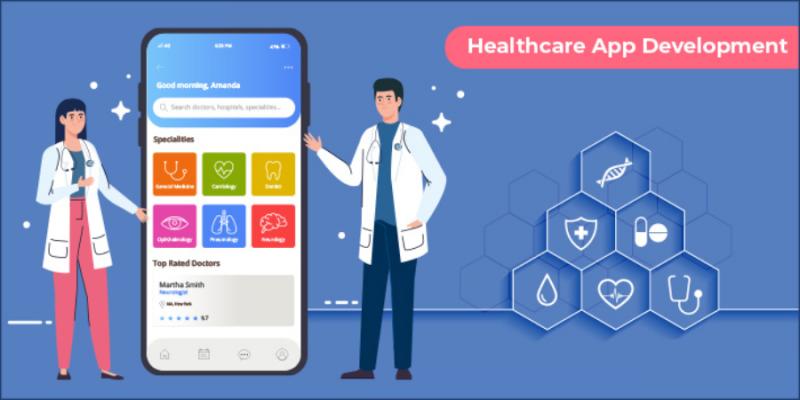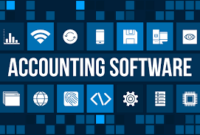What Is Medical App Development?
Medical app development refers to the process of designing and creating software applications that are specifically tailored to meet the needs of the healthcare industry. These apps are built to address a wide range of medical services, including patient management, healthcare administration, telemedicine, and personal health tracking. As healthcare increasingly moves into the digital space, medical app development has become a critical component in improving the delivery of healthcare services and enhancing patient outcomes.
The demand for medical apps has skyrocketed in recent years due to advancements in technology and a shift toward more accessible, patient-centered care. Today, healthcare providers, hospitals, and patients use these apps to streamline communication, track health metrics, and manage medical records. Medical app development is not only revolutionizing how patients interact with healthcare professionals but is also transforming the way the healthcare industry operates. The adoption of medical apps allows for more efficient workflows, better data management, and more accurate patient monitoring.
The Growing Demand for Medical App Development
The medical app development market has witnessed exponential growth in the last decade. According to a report by Statista, the global mobile health (mHealth) market is expected to surpass $300 billion by 2025. This growth is driven by several factors, including the increasing prevalence of chronic diseases, the rising demand for remote healthcare solutions, and the growing emphasis on patient-centric care. Moreover, the COVID-19 pandemic accelerated the adoption of telemedicine and healthcare apps, leading to a permanent shift in how medical services are delivered.
There are various types of medical apps that cater to different aspects of healthcare. Some are designed for direct patient use, while others are built to assist healthcare professionals in managing patient data, tracking treatment progress, and coordinating care. A few examples of medical apps include:
- Telemedicine Apps: These allow patients to consult with doctors remotely via video calls or messaging.
- Health Monitoring Apps: Apps that track vital signs such as heart rate, blood pressure, and glucose levels, often in real-time and in conjunction with wearable devices.
- Medical Record Management Apps: Apps that store and manage patient health records securely, allowing easy access for both patients and healthcare providers.
- Fitness and Wellness Apps: These apps focus on preventive healthcare, enabling users to monitor physical activity, diet, sleep, and overall wellness.
The growth of these apps highlights the increasing role of medical app development in making healthcare more accessible, efficient, and personalized. The challenge for developers is to create apps that are user-friendly, secure, and compliant with healthcare regulations like HIPAA (Health Insurance Portability and Accountability Act) and GDPR (General Data Protection Regulation).



